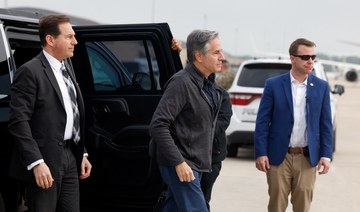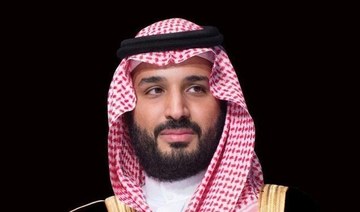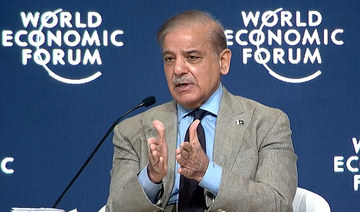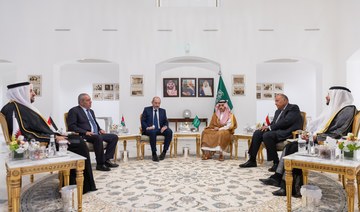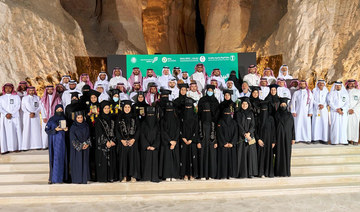The Population Statistic Center at King Saud University (KSU) in Riyadh recently published a study that shows that 52 percent of Saudis who live in Riyadh do not own their houses.
The overall rate of Saudis who own homes in the Kingdom was estimated at 60 percent, while 35 percent of Saudis live in rented houses. The remaining 5 percent gets their housing provided by their employers.
In small cities and villages, like Baha, Jazan, Abha, Jubail, more Saudis tend to own a house, due to their high purchasing power and social traditions.
Arab News spoke to a number of experts and real-estate contractors who confirmed that the continuous growth of the population, a lagging supply of residential real estate, and unemployment weakened the Saudi desire to purchase real estate.
John Harries, director of real estate specialist Jones Lang LaSalle in Riyadh, called the low rate of house owners in Riyadh “surprising, when comparing Saudi Arabia to European countries.”
In the US and the UK, on the other hand, the rate of house owners is lower than the rate in Riyadh, he said. “The main reason that Saudis are unable to buy their own houses is the continuously increasing demand for real estate and the lagging supply. Because of this, prices go up beyond the reach of many potential buyers.”
The rate of unemployment and the average salary that Saudis earn who are employed are leading to a reduced rate of house owners.
Harries pointed out that the introduction of a mortgage law, that would enable Saudis to borrow money to pay for a house, could contribute to increased ownership.
“When we look at the UK, the US and Europe, we found that mortgage laws and bank loans help individuals to buy houses. In Saudi Arabia, real estate funding is still limited. Hopefully, the introduction of a mortgage law would help in solving the housing problem,” he said.
According to the university’s research, social traditions in Saudi villages and small cities give a high priority to property ownership.
Rajallah Al-Ghamdi, a sociologist, explained that in rural areas it is a tradition for Saudi men to buy a house as soon as he gets married.
“Most families in small villages don’t accept the marriage unless they have made sure that the groom owns a house,” he said. Khalid Al-Marei, a real state contractor in Riyadh, said that most families in Riyadh prefer to rent apartments, due to the high rent of villas, and double-floor villas. “The demographic map of Saudi Arabia led to having large number of villas in Riyadh and lower number of apartments. Not all families are able to rent villas, which is why they prefer apartments. Some will rent a dwelling in one of the slums,” he said.
According to the KSU study, a quarter of Riyadh’s population live in villas and 13 percent lives in the double-floor villas. Another 37 percent lives in apartments, while 11 percent lives in underdeveloped areas or slums.
A recent article in Arab News said that even though Saudi banks, the Human Resource Development Fund (HRDF), and the Ministry of Housing are offering flexible loans, Saudis are still not interested in getting real-estate debts.
“I wonder why Saudis are ignoring such a great opportunity. Banks are presenting several programs that enable each individual to own a house, but Saudis still ignore these programs,” said Fadhl Albu Ainain, a Saudi banker.
Some companies help their employees by giving them houses to live in and cut the house installments from their monthly salary. At the end of the day, the employee owns that house.
This system is used in the US and its also used in large Saudi companies in Jubail, and Dammam. According to the statistics, Jubail companies provide 17 percent of housing for their employees. Companies in the Eastern Province and Tabuk Province ranked second by each providing housing to 12 percent of the population there.
52% of Saudis in Riyadh rent houses
52% of Saudis in Riyadh rent houses
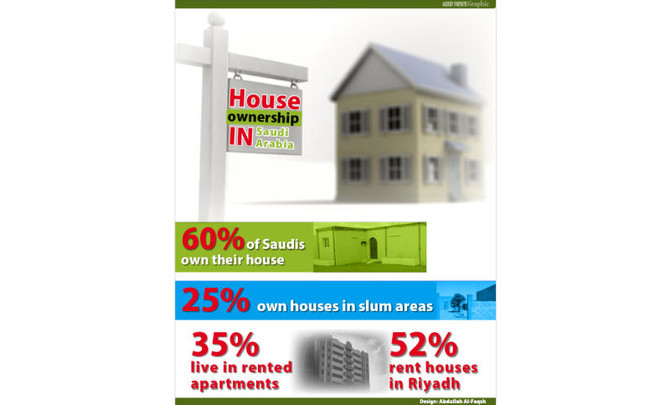
GCC holds Gulf-US Joint Ministerial Meeting to advance regional security
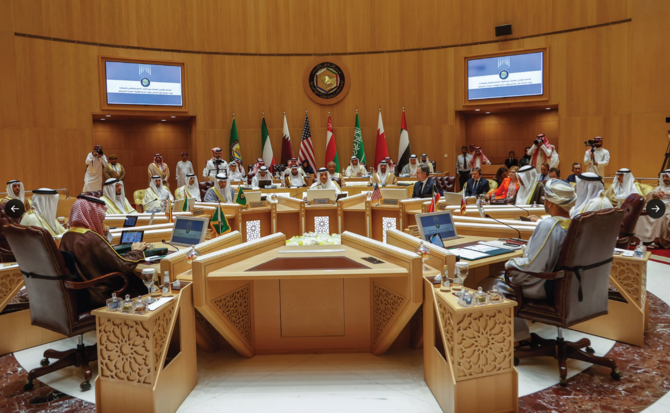
- In Riyadh, Blinken is expected to meet with senior Saudi leaders and hold a wider meeting with counterparts from five Arab states
RIYADH: Secretary Anthony Blinken participated in a joint US-Gulf Cooperation Council ministerial meeting to advance coordination on regional security on Monday in Riyadh.
“There really are two paths forward for the region as a whole. One driven with division with destruction, with violence with permanent insecurity. The other, greater integration, greater security, greater peace,” Secretary Anthony Blinken said.
“ I think the region today shows that many more of us want to pursue that affirmative path, and I’m grateful to our colleagues in the GCC for working in partnership to advance in that direction,” he added.
During his opening remarks, Secretary Blinken expressed that the meeting serves as an opportunity to advance efforts to promote greater stability in this region.
Blinken arrived in Riyadh Monday morning as a part of a 3-day visit from April 29-May 1 to meet with regional partners.
The secretary highlighted that in the upcoming days as he travels to Jordan and Palestine he will meet with humanitarian groups and the Israeli governemnt to discuss the developments in Gaza.
During his remarks Secretary Blinken highlighted the current U.S. interventions such as the increased value of aid delivered to Gaza and the building of the US maritime corridor.
“It is not enough we still need to get more aid in and around Gaza,” he explained.
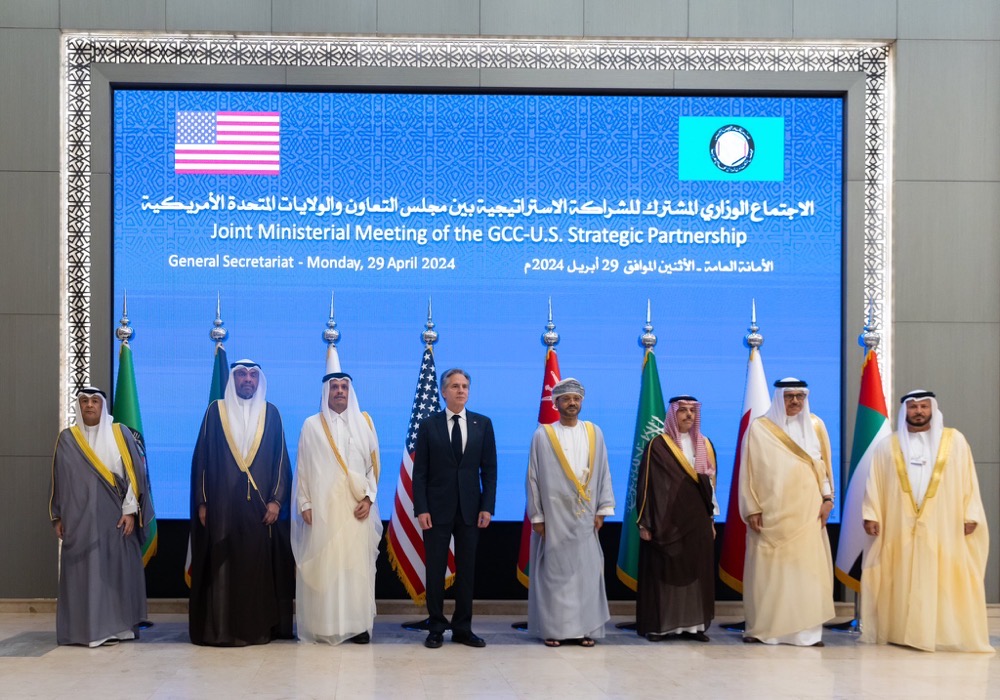
During his speech, Blinken underlines that the U.S. will continue to work with its GCC partners to “build just and lasting peace.”
“We are focused on addressing the greatest threat to regional stability and regional security, Iran,”
“ This is the first meeting since Iran’s unprecedented attack on Israel, The first direct attack from Iran to Israel with more than 300 projectiles including over 100 holistic missiles," Blinken explained.
Blinken underlined that the attacks from Iran stress the importance of working together in integrated defense.
He highlighted that this will be the discussion topic in the upcoming US-GCC meeting in a few weeks on integrated air, militry defense and maritime security.
The other discussion topic underlined by Blinken was the “ ways to preserve freedom of navigation in the Red Sea,”
“The Houthi attacks not only undermine security but they undermine the lives and livelihoods of people throughout the region including in Yeman, the very people they profess they want to represent, The cost of goods have gone up, and it’s harder to get things into Yemen, to the north we’re people so desperately need it,”
“This needs to stop and we are being resolute in doing everything we can to put a stop to it,” Blinken sid.
During his opening remarks, the GCC Secretary-General Jassim Al-Budaiwi called for an immediate ceasefire in Gaza and called for an international conference on implementing a two-state solution.
He also underlined the need for effective international measures to end the violence in the West Bank.
He also expressed the importance of ensuring the security of relief corridors for the delivery of humanitarian aid.
Al-Budaiwi emphasized that the continuous escalation between Iran and Israel threatens the security and stability of the region.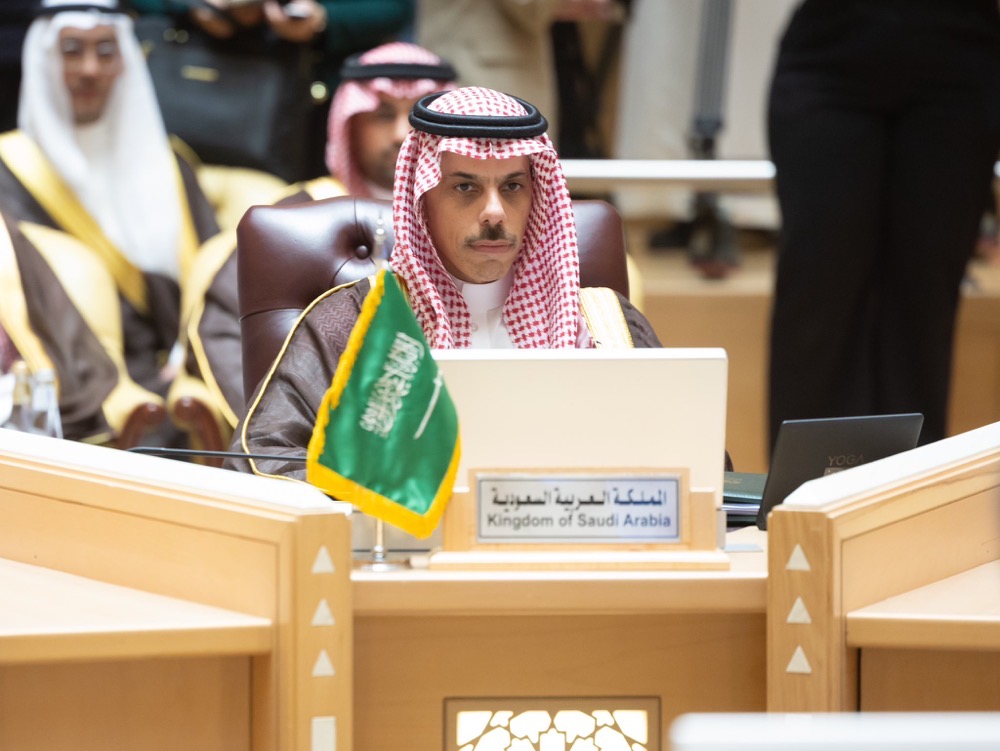
The GCC Secretary General also expressed concern over the Houthi attacks on the Red Sea.
Following his visit to the Kingdom, Blinken will be meeting with counterparts in Jordan and Palestine.
As a part of his visit, the secretary will discuss various topics including the ongoing efforts to achieve a ceasefire in Gaza that secures the release of hostages.
Other topics in the meetings will include humanitarian aid to Gaza, limiting the spillover of conflict and ongoing efforts to achieve regional security.
A pathway to an independent Palestinian state with security guarantees for Israel will also be one of the topics of discussion during his visit.
On the sidelines of the meeting, The Saudi Minister of foreign affairs, Prince Faisal bin Farhan met with Secretary Blinken. The two discussed the developments in the Gaza Strip, the importance of a ceasefire, efforts to ensure entry of urgent humanitarian aid, and joint efforts.
Saudi crown prince receives world officials after WEF special meeting in Riyadh
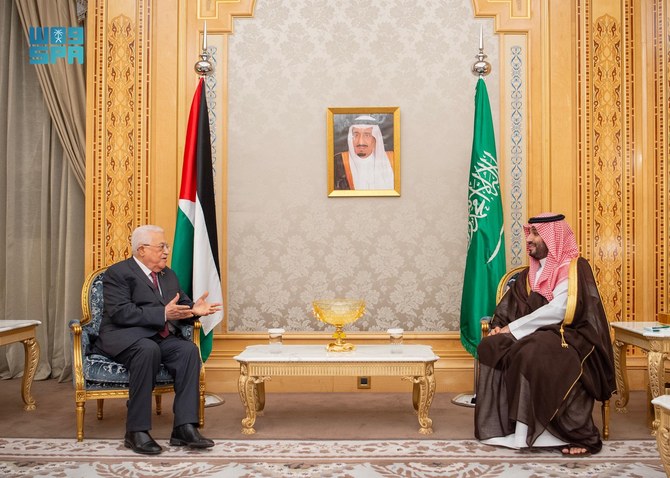
- Two-day special meeting of the World Economic Forum ended on Monday
RIYADH: Saudi Crown Prince Mohammed bin Salman received officials from around the world in Riyadh after a special meeting of the World Economic forum ended on Monday.
The officials included Palestinian President Mahmoud Abbas, US Secretary of State Antony Blinken, British Foreign Secretary David Cameron, the Prime Minister of Malaysia Anwar Ibrahim, and the Prime Minister of Pakistan Shehbaz Sharif.
The officials attended the two-day special meeting during which the crown prince called for global collaboration to help build a more resilient and integrated global economy.
Blinken is visiting the Kingdom on his seventh trip to the Middle East since the Oct. 7 Hamas attack on Israel, which responded with a relentless offensive in Gaza that has drawn global criticism.
Saudi authorities issue severe weather warning
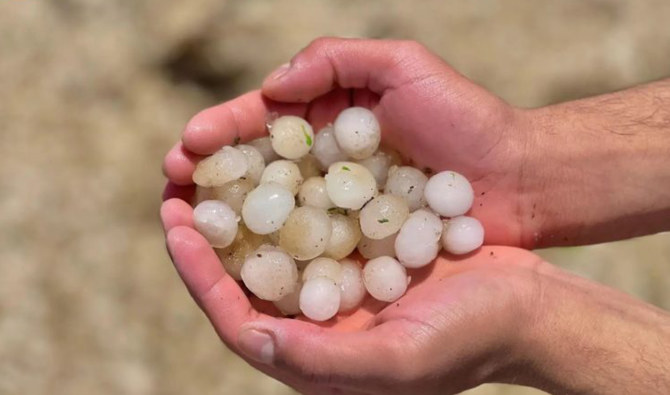
- Schools, universities in some regions switch to remote learning after storms, high winds forecast
RIYADH: Saudi authorities warned residents that most parts of the Kingdom will experience severe weather until Friday.
The National Center of Meteorology on Monday forecast moderate-to-heavy rain in the Madinah, Makkah, Jeddah, Baha and Najran regions, accompanied by high winds, hail and thunder.
Saudi Arabia’s General Directorate of Civil Defense also issued severe weather warnings accompanied by safety instructions as the country braces for heavy rainfall in coming days.
The Civil Defense said that most parts of the Kingdom will experience moderate-to-torrential thundershowers, accompanied by strong winds, until Friday.
Regions to be affected include Asir, Baha, Makkah, Madinah, Jazan, Qassim, Jouf, Hail, Tabuk, Northern Borders, Riyadh and the Eastern Province.
The General Directorate of Civil Defense has urged people to take precautions, remain indoors during stormy weather, and adhere to its instructions.
Schools in Jeddah, Makkah and Madinah regions switched to online classes through the Madrasati remote-learning platform on Monday after authorities warned of storms and possible floods this week.
The King Abdulaziz University in Jeddah, University of Jeddah, University of Taif, and Umm Al Qura University in Makkah were closed on Monday and postponed scheduled exams until further notice.
Taibah University in Madinah and Saudi Electronic University’s branch in Jeddah also suspended in-person classes on Monday, and switched to remote learning.
Jeddah Municipality implemented a field plan to deal with the weather conditions, and urged residents to show caution and stay away from flooded areas.
Bandar bin Saleh Al-Hadiya, director of the Ministry of Environment, Water and Agriculture branch in the Northern Border region, inspected dam safety in Arar ahead of the rainy situation.
Riyadh region was also hit by a heavy sandstorm accompanied by high winds on Sunday night, leaving the city skyline enveloped in dust.
On Monday, the NCM issued a red alert for dust storms in parts of the Riyadh region, including the capital, and Al-Aflaj, Al-Sulail and Wadi Al-Dawasir governorates.
Saudi FM discusses two-state solution with French, Turkish counterparts
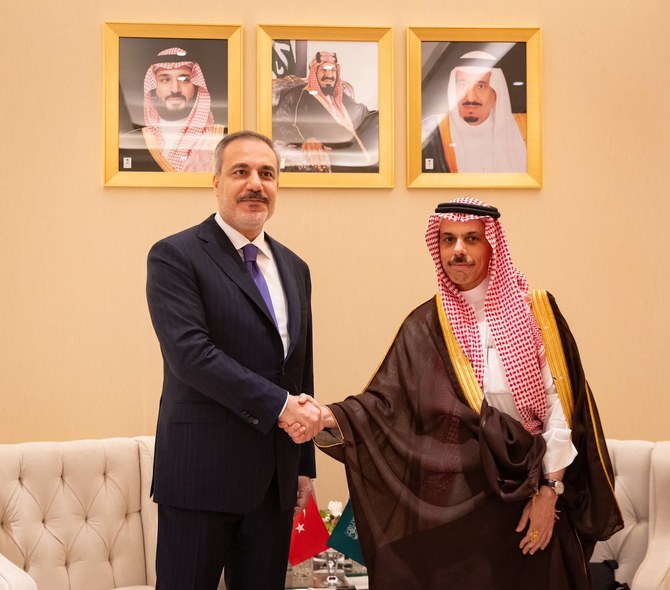
- The discussions took place on the sidelines of a ministerial consultative meeting to discuss Gaza war
RIYADH: Saudi Foreign Minister Prince Faisal bin Farhan held talks with his French and Turkish counterparts on Monday.
The discussions took place on the sidelines of a ministerial consultative meeting of the six-party Arab Committee to discuss developments in the Gaza war, the Saudi Press Agency reported.
Talks with Hakan Fidan of Turkiye and Stephane Sejourne focused on coordinating efforts to advance the two-state solution and acknowledge the Palestinian state, SPA added.
Saudi Arabia, UNEP launch World Environment Day campaigns
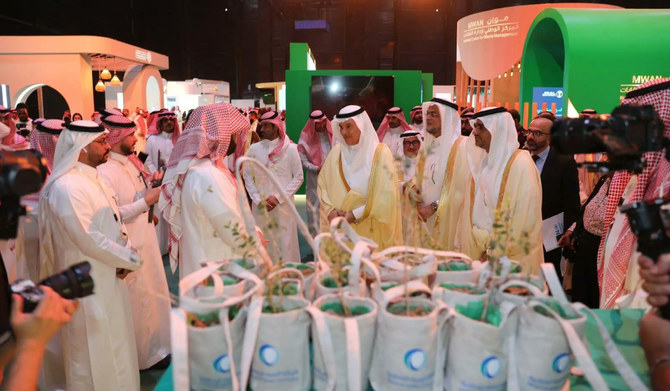
- Faqeeha noted that on the occasion of World Environment Day, Saudi Arabia will shed light on the urgent need for global investments in conserving nature, restoring lands, and working toward sustainability
RIYADH: Saudi Arabia and the UN Environment Programme have announced campaigns to combat desertification, restore ecosystems, and strengthen drought resilience ahead of World Environment Day celebrations on June 5 in Riyadh.
The announcement was made at the opening of Saudi Arabia’s Environment Week on Sunday, the Saudi Press Agency reported.
Saudi Minister of Environment, Water, and Agriculture Abdulrahman Al-Fadhli inaugurated the annual event that aspires to raise awareness of the importance of environmental protection.
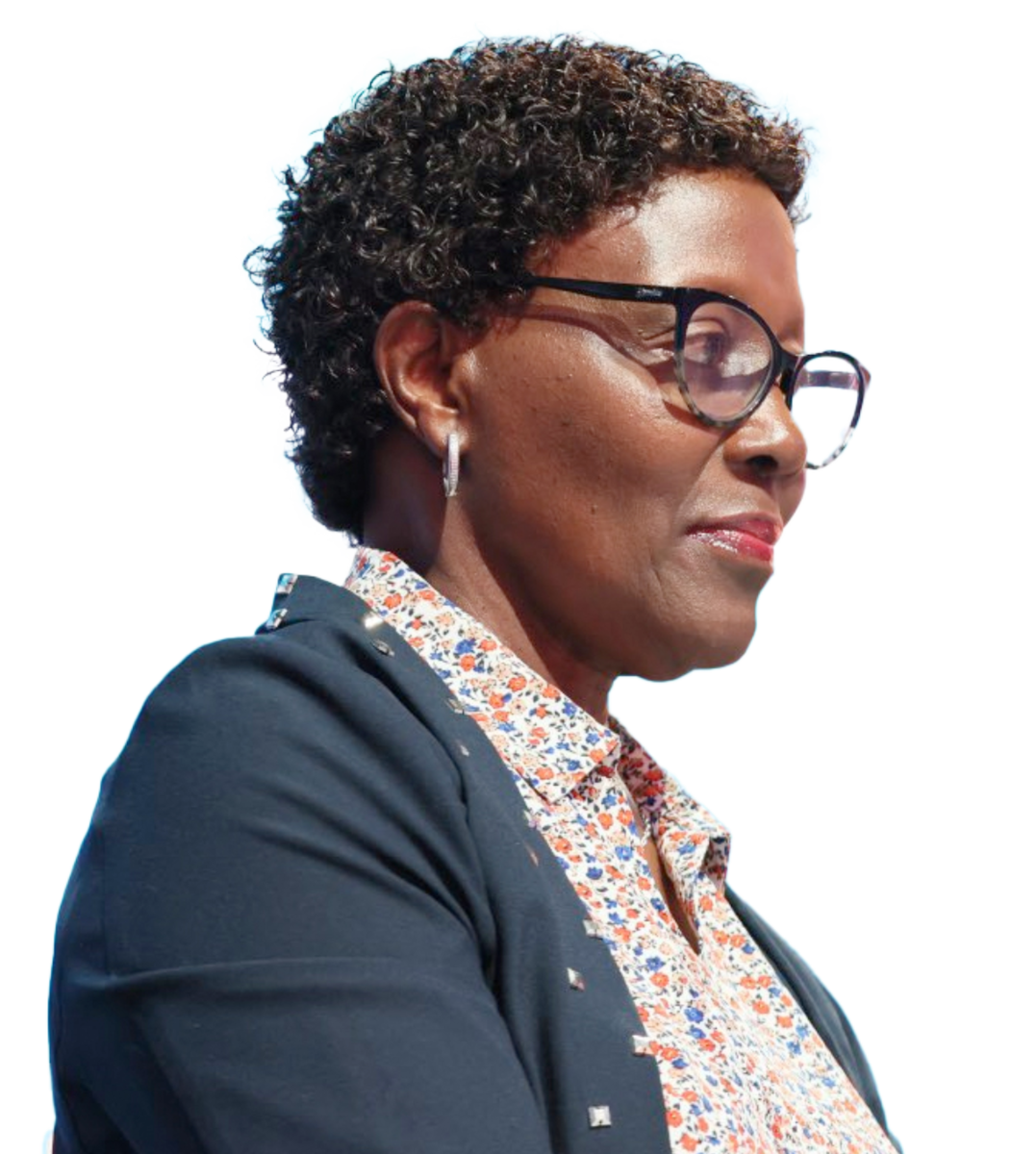
During the event, Deputy Minister for Environment Osama Faqeeha emphasized the shared responsibility in addressing land degradation and combating desertification. This responsibility extends to policymakers, the private sector, and civil society organizations globally, who must work together to restore agricultural areas, rehabilitate land, and tackle desertification and drought, he said.
Faqeeha noted that on the occasion of World Environment Day, Saudi Arabia will shed light on the urgent need for global investments in conserving nature, restoring lands, and working toward sustainability.
This year, we are calling on people — from the grassroots to governments — to help tackle the climate and extinction crisis we face by restoring the ground we depend on for survival.
Elizabeth Mrema, Deputy executive director, UNEP
He highlighted the importance of uniting national and international efforts to safeguard and rehabilitate ecosystems across the globe, aiming to fulfill sustainable development objectives.
“Without action, 95 percent of land on Earth could be degraded within the next 30 years, which could spell disaster for humanity and the planet,” said Elizabeth Mrema, deputy executive director of UNEP, launching the global campaign at a Saudi Environment Week event in Riyadh.
“We have seen how previous campaigns have catalyzed climate action across the globe. This year, we are calling on people — from the grassroots to governments — to help tackle the climate and extinction crisis we face by restoring the ground we depend on for survival,” she added.
Countries worldwide have committed to restoring 1 billion hectares of land, aiming to protect 30 percent of land and sea for nature and restoring 30 percent of the planet’s degraded ecosystems.
Supporting the UN 2030 Agenda for Sustainable Development, World Environment Day 2024 will boost climate action efforts by gathering support for ecosystem restoration.
At the opening event of the Saudi Environment Week, Al-Fadhli emphasized that achieving the goals of environmental protection and conservation of the Kingdom’s natural resources requires active engagement from governmental and private sectors, as well as individuals.
He stressed the significance of adopting eco-friendly behaviors in daily routines and applying these practices across different sectors to reach sustainable development objectives.
“The continuation of this national event annually in the Kingdom reflects our wise leadership’s dedication to environmental protection and commitment to sustainable development, in line with the goals of Saudi Vision 2030,” Al-Fadhli said.
“Moreover, the Kingdom’s dedication to environmental protection is evident at national, regional, and international levels. This is demonstrated by Saudi Arabia’s active participation in numerous environmental agreements and organizations, as well as its … initiatives like the Middle East Green Initiative and other significant global environmental efforts under the G20 umbrella,” he added.


